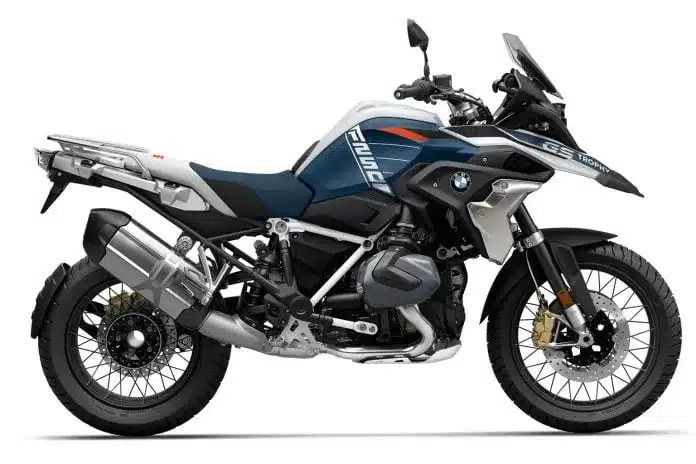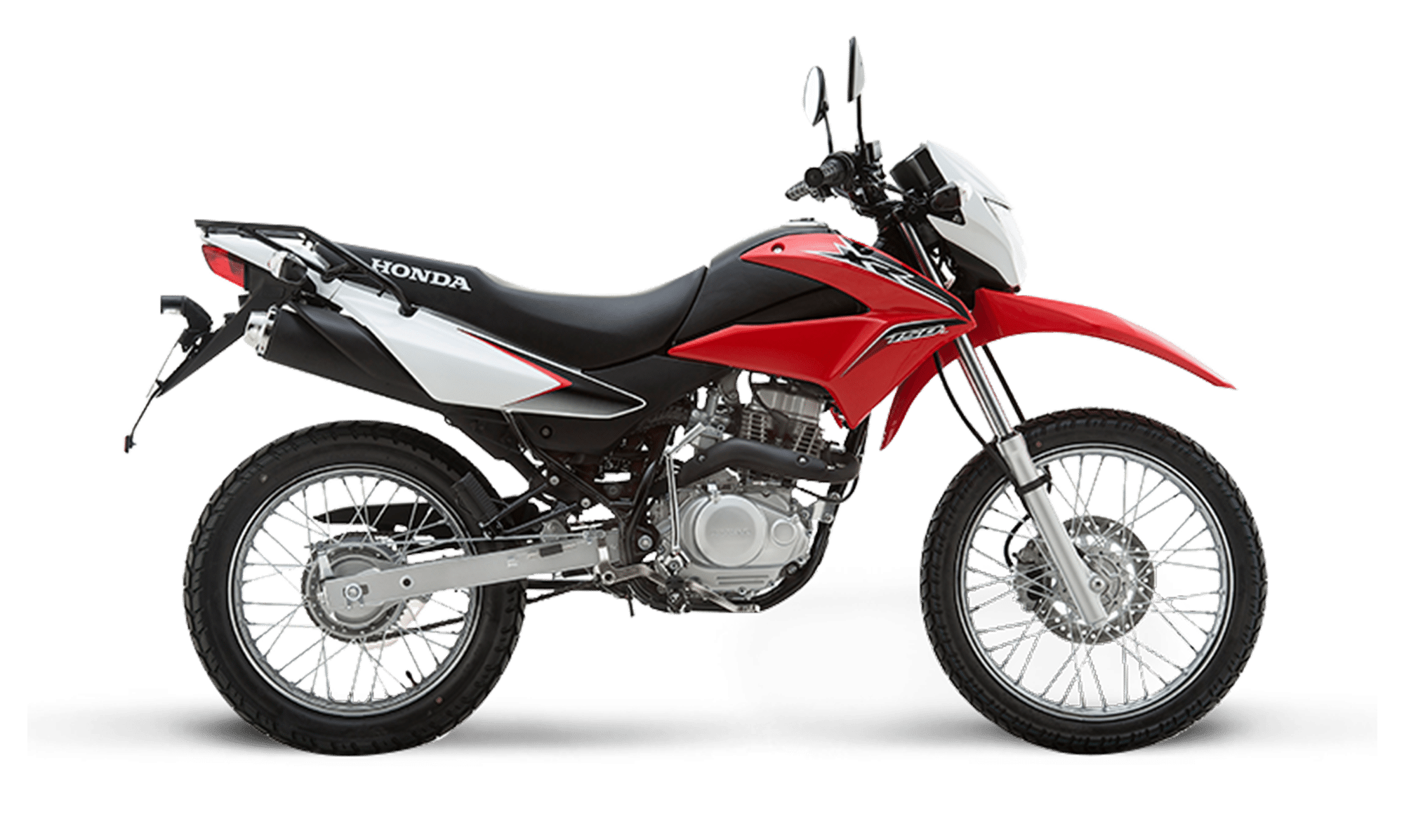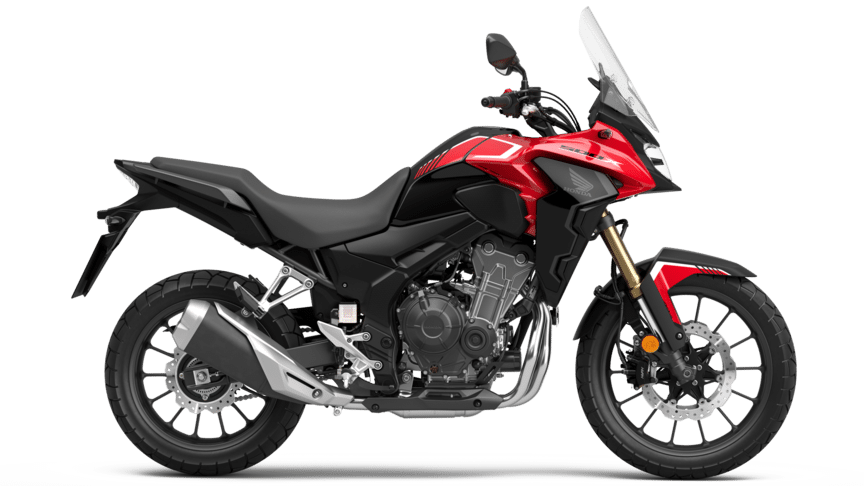

A motorcycle tour of Vietnam promises freedom and adventure. To prepare for this unforgettable journey, careful planning is essential. From navigating traffic to understanding local regulations, having the right information is key. We’ve compiled 7 essential FAQs to help you get ready for the ride of a lifetime.
Here are just 7 of the many questions that will be running through your brain as you plan for your Vietnam Motorcycle Tour. There will definitely be more, but these will take care of the basics.
Yes, to legally ride a motorcycle in Vietnam, you need a valid Vietnamese motorcycle license. However, for a short-term visit, an International Driving Permit (IDP) from your home country might be accepted, but this is not always the case, and enforcement can vary. Full details on licenses. Full details on licenses
Riding without a valid license can lead to fines, confiscation of the bike, and may void your travel insurance in the event of an accident.
Packing light is key. Essentials include:
Traffic in Vietnam can be chaotic, especially in big cities. It’s a “go with the flow” culture where informal rules often outweigh formal ones. The key is to be a defensive driver, stay alert, and be predictable. Locals use their horns to signal their presence, not out of aggression, so don’t be alarmed by the constant honking. It’s best to ride at a moderate speed and avoid sudden movements. Stick to the right side of the road and be aware of obstacles like pedestrians and animals that may suddenly appear. Avoid riding at night and during peak rush hours if possible.
Most nationalities require a visa to enter Vietnam. The type of visa you need depends on your nationality and the length of your stay. You can apply for a visa online through the official government e-visa portal, or through a Vietnamese Embassy or Consulate. Your passport must be valid for at least six months beyond your planned stay. Always check the most current visa requirements well in advance of your trip.
Many tours are all-inclusive, covering accommodation, food, and fuel. However, you should still bring cash (Vietnamese Dong, VND) for personal expenses, souvenirs, and drinks. US dollars are also widely accepted in tourist areas. ATMs are available in most towns, but may be harder to find in remote areas. A general rule of thumb is to carry around $100-$200 USD in cash or the equivalent in VND for your personal spending, depending on the length of your trip and your spending habits.
We can offer waterproof bags that can be securely fastened to the back of the motorcycle. You will need to pack lightly to fit everything. On tours with more than 7 riders, we offer a support vehicle free of charge and this is an optional extra if you wish to take it for less than 7 riders. Then, you will only need a small bag for essential items. If you are using the CB500x, we can offer a top box and even side panniers, all free of charge.
Yes, comprehensive travel and medical insurance is highly recommended. Ensure that your policy specifically covers motorcycle riding and medical emergencies in Vietnam. We have had good experience with company’s such as Carole Nash, navigator, and Cover1, but there are many providers out there.
You should check the policy’s fine print CAREFULLY to confirm what it covers and any restrictions, especially regarding the requirement for a valid motorcycle license.
We cater for many different types of riders, on many different types of terrain and with many different reasons and aims for touring. Therefore, no one set of questions fits the bill. There are sure to be many other questions that spring to mind when you think ‘motorcycle tour Vietnam’ and we are happy to answer them.
Get in touch with us through the website or our socials and feel free to ask. No question is too small to ask, so go for it.
It’s an adventure that will challenge you, thrill you, and reward you with memories to last a lifetime. By addressing these essential FAQs, you can ensure that you are well-prepared for the journey ahead. From understanding the traffic etiquette and legal requirements to packing the right gear and securing the necessary insurance, being informed is the first step toward a successful and unforgettable experience. So, gear up, hit the road, and get ready to discover the magic of Vietnam from a whole new perspective. Safe travels!
Daily
Total
Rider (CRF 300)
$220
Pillion
$120
Damage Waiver
$20
Private Room
$40
Support Vehicle*
$150
* All prices given are in USD and apply per rider except for the support vehicle. The support vehicle is free for groups of 7 or more, otherwise the cost is shared across the group.
Daily
Total
Rider (XR 150)
Rider (CRF 300)
Rider (CB 500X)
Rider (GS 1250)
Pillion
$120
Damage Waiver
$20
Private Room
$40
Support Vehicle*
$150
* All prices given are in USD and apply per rider except for the support vehicle. The support vehicle is free for groups of 7 or more, otherwise the cost is shared across the group.
Daily
Total
Jeep (1 PAX)
$210
Jeep (2 PAX)
$120
Jeep (3 PAX)
$90
Jeep (4+ PAX)
$80
Rider (Easy Rider)
$115
Rider (Self-Drive)
$105
Private Room
$15
* Our jeep tour prices operate on a sliding scale. The larger your group, the less each person pays—each member of your group will pay the lowest daily rate shown. For example, if you have a group of 4 or more, you will each only pay $80/day. All prices are given in USD.

Engine Type
air-liquid cooled, twin cylinder, DOHC, boxer engine
Displacement
1255 cc
Bore X Stroke
102.5 mm x 76 mm
Ignition
FI
Fuel System
fuel injection
Compression Ratio
12.5:1
Starter
electric
Gearbox
6-speed
Front Suspension
BMW Motorrad Telelever; stanchion diameter 37 mm
Rear Suspension
single-sided swing arm with BMW Motorrad Paralever
Front Brakes
dual disc brake, floating brake discs, diameter 305 mm, 4-piston radial calipers
Rear Brakes
single disc brake, diameter 276 mm, double-piston floating caliper
Front Tyres
120/70 R19
Rear Tyres
170/60 R17
Wheelbase
1514 mm
Seat Height
850 mm
Ground Clearance
790 mm
Kerb Weight
249 kg
Fuel Capacity
20 litres
Dimensions
2207 mm (L) x 952.5mm (W) x 1430 mm (H)

Engine Type
air cooled, OHC, single cylinder
Displacement
149 cc
Bore X Stroke
57.3 mm x 57.8 mm
Ignition
CDI
Fuel System
20 mm piston valve carburettor
Compression Ratio
9.5:1
Starter
electric with kick starter backup
Gearbox
5-speed
Front Suspension
telescopic fork, 180 mm axle travel
Rear Suspension
single shock swing arm, 150 mm axle travel
Front Brakes
dual piston caliper, 240 mm disc
Rear Brakes
mechanical drum
Front Tyres
90/90 19
Rear Tyres
110/90 17
Wheelbase
1362 mm
Seat Height
825 mm
Ground Clearance
243 mm
Kerb Weight
129 kg
Fuel Capacity
12 litres
Dimensions
2091 mm (L) x 811 mm (W) x 1125 mm (H)

Engine Type
liquid cooled parallel-twin four stroke
Displacement
470 cc
Bore X Stroke
67 mm x 66.8 mm
Ignition
PGMI – FI
Fuel System
fuel injection
Compression Ratio
10.7:1
Starter
electric
Gearbox
6-speed
Front Suspension
41 mm SFF-BP USD Forks
Rear Suspension
Prolink Mono with 5 stage pre load adjuster
Front Brakes
dual 296 mm discs with 4 piston calipers; ABS
Rear Brakes
240 mm disc; ABS
Front Tyres
110/80R19M/C (59H)
Rear Tyres
160/60R17M/C
Wheelbase
1445 mm
Seat Height
830 mm
Ground Clearance
180 mm
Kerb Weight
199 kg
Fuel Capacity
17.7 litres
Dimensions
2,155 mm (L) x 830 mm (W) x 1,410 mm (H)

Engine Type
single cylinder, DOHC, liquid cooled
Displacement
286 cc
Bore X Stroke
76 mm x 63 mm
Ignition
Full Transistor Digital
Fuel System
PGM-FI electronic fuel injection
Compression Ratio
10.7:1
Starter
electric
Gearbox
5-speed
Front Suspension
43 mm telescopic upside down
Rear Suspension
Prolink Mono with 5 stage pre load adjuster
Front Brakes
Rear Brakes
220 mm disc, single piston caliper
Front Tyres
80/100 21
Rear Tyres
120/80 18
Wheelbase
1455 mm
Seat Height
880 mm
Ground Clearance
285 mm
Kerb Weight
142 kg
Fuel Capacity
7.8 litres
Dimensions
2230 mm (L) x 820 mm (W) x 1200 mm (H)